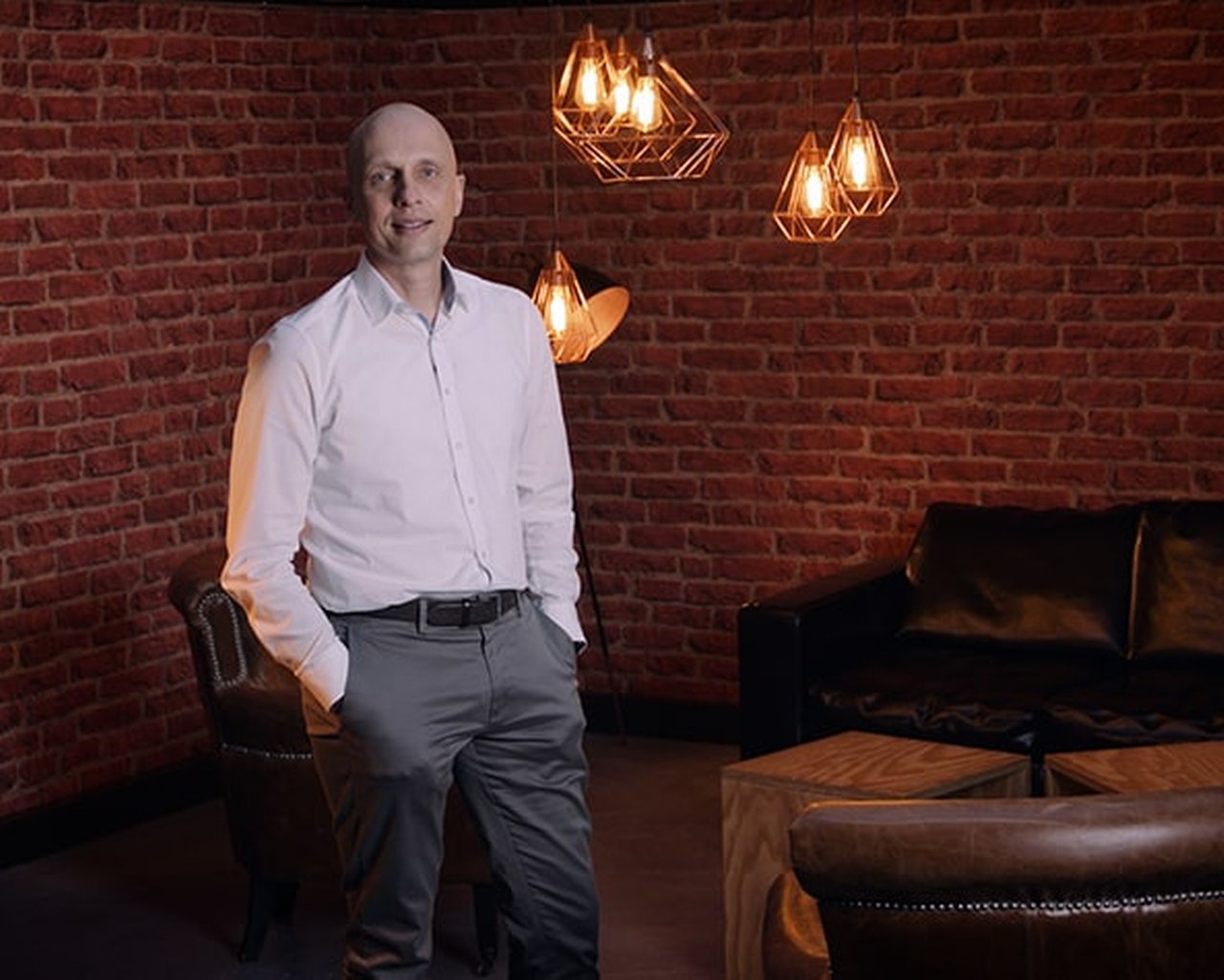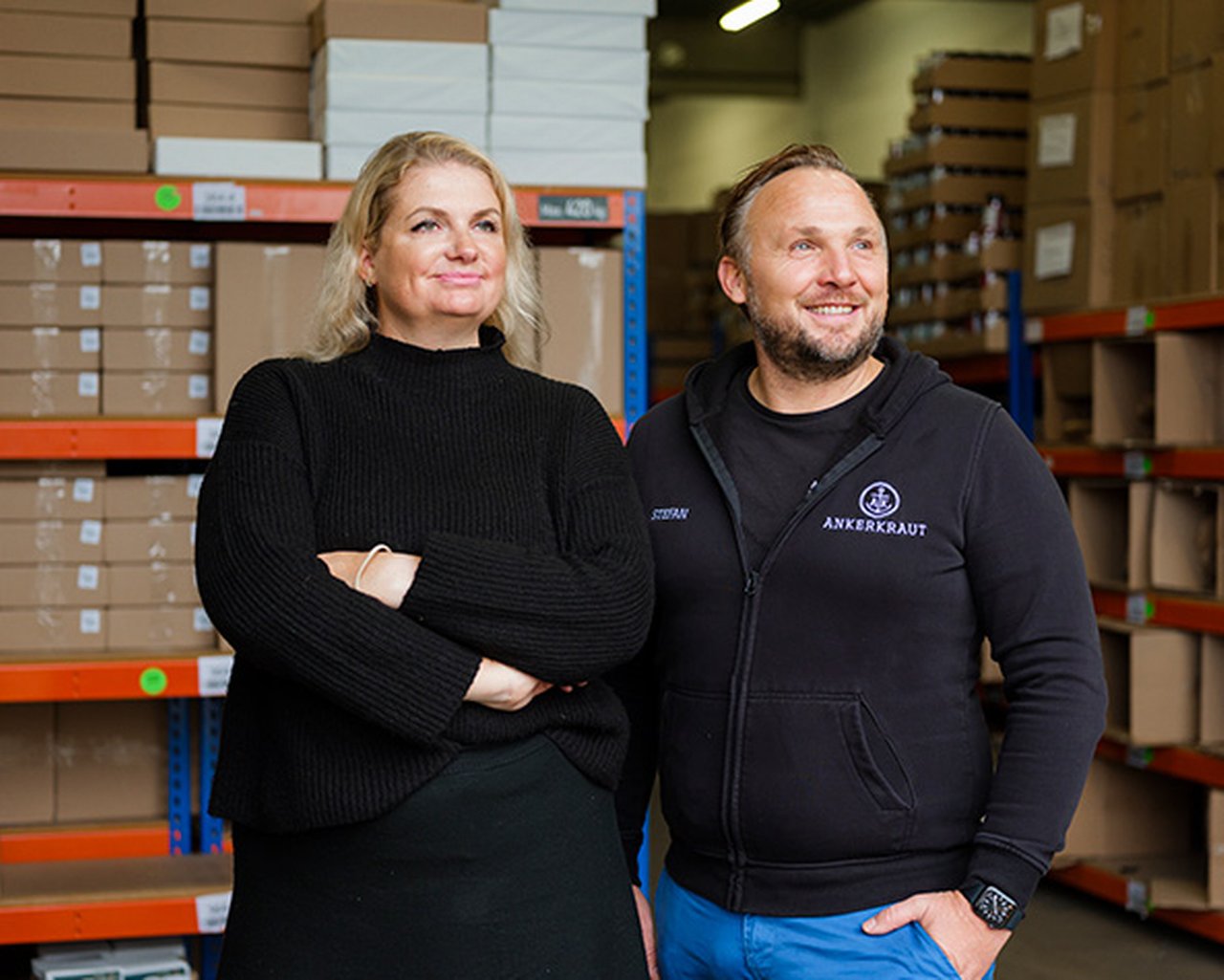
Innovation in the midst of a crisis – wishful thinking?
Autumn 2020 has seen numerous countries imposing tough restrictions on public life once again. Businesses and start-ups are suffering as a result. Now is the time they should really be rethinking processes and products. But is that even possible?

Glitches in globalization
For months, there have been disruptions to the flow of goods; supply chains have been interrupted and production lines have come to a standstill. The World Bank expects a majority of countries to slide into recession in 2020. The leading economies are projected to shrink by up to seven percent. Global growth is anticipated to drop by eight percent in 2020.

Major uncertainty
A large number of managers are only getting to see their teams in video conferences. Orders have slumped, reserves will soon have been used up. Small and medium-sized enterprises (SMEs) are the hardest hit: at least two out of every three jobs at risk in Europe are at SMEs, and at least 30 percent of all jobs at risk are in small companies with a maximum of nine employees. In Australia, as much as 68 percent of jobs at risk are in SMEs.

Help from above
Governments across the whole world have been rolling out aid programmes worth billions, on average equal to 11.4 percent of their Gross Domestic Product (GDP), which is three times that provided during the financial crisis in 2008. In terms of scope and target groups, short-term aid varies greatly from country to country. In Germany, aid is equivalent to 33 percent of GDP, while it is 12 percent in the US.

Clinical trials give hope
In November 2020, the pharmaceuticals companies Pfizer and Biontech as well as Moderna announced that the vaccines they developed in record time can provide more than 90 percent protection against the coronavirus. The UK’s rapid approval of one of the vaccines has not only raised people’s hopes but has also generated scepticism about the robustness of the processes. However, the prospect of a return to normality is the overriding sentiment.

The new normal
Life in a post-COVID world will, however, look different. New rituals will emerge, and new habits will become routine; working from home, flexible working hours and increased digital offerings in the worlds of work and leisure and in society at large will be commonplace. Once the crisis is over, businesses will have to clear up, pay back loans and regain their strength.

Sharing is a thing of the past
Countries across the globe will try to better protect their own citizens and economies. Against epidemics and trade deficits. Deutsche Bank Research analysts expect nationalism and protectionism to increase around the globe.

Erecting borders
In the midst of this crisis, the United Kingdom is leaving the European Union. Borders are being erected, restrictions on global travel continues to be tightened. It’s a problem that won’t necessarily be solved by a coronavirus vaccine – not as long as the world powers find themselves at loggerheads in the race to immunise their own populations.

Trade will be more difficult
By the end of the decade, China may topple the US from its position as world’s largest economy. Supporting this trend will be amplified by the RCEP free trade agreement concluded between China and 14 other Asia Pacific nations. The signatories account for one-third of global GDP and have a combined population of 2.2 billion people.

Battle of ideas
The pandemic is taking a heavy toll on mankind and the economy. And yet three out of four managers in the US see the crisis as an opportunity for growth. In the Asia Pacific region, 41 percent of managers see new opportunities on the horizon. And in Germany, 43 percent of Mittelstandfirms are responding to the situation with innovations, by digitising their processes or realigning their business models.

Pandemic unicorns
In the US it is mainly established medical and pharmaceutical companies that have focused more clearly on innovations during the pandemic. Other companies have been concentrating on securing their core business, exploiting existing opportunities and protecting their cash flows. But there are also a number of start-ups that have enjoyed success during the crisis thanks to disruptive business models, currently, for example in the areas of e-commerce, education and mobility.

No guarantee of success
Can everyone realign their business model or products at will? Will every new business founder survive in the market with their new ideas? No. We know today that only one in ten start-ups will still be around in ten years’ time.
In 2020 alone, it is estimated that there will be a 20 percent rise in the number of companies going bust across the world –from the smallest to largest companies. One thing that has become clear during the crisis is that the criteria for a resilient organisation of the future have become more demanding: flat hierarchies, rapid flow of information, cross-functional teams, flexible working models and agile, talented individuals who embrace change.
If you would like to get further insights into a broad range of topics that shape our World, please visit Deutsche Bank Research
Sources
OECD Policy Responses to Coronavirus (COVID-19)
www.mckinsey.com: COVID-19 Implications for business
www.mckinsey.com: Innovation in a crisis – Why it is more critical than ever
www.forbes.com: 90% of Startups will fail
www.allianz.com: Worldwide wave of insolvencies of +20 percent
Fokus-Nr. 295 Juli 2020 Innovationen Corona
www.handelsblatt.com: Start Ups-Gründung während Corona
Recommended content
Entrepreneurial Success / Opinion
The willingness to change has increased enormously “The willingness to change has increased enormously”
Scarce liquidity, collapsed supply chains, austerity measures... nevertheless, economist Dietmar Grichnik is sure that times of crisis are times of entrepreneurship.
The willingness to change has increased enormously Is there an opportunity in it?Entrepreneurial Success / Story
Ankerkraut - navigating the pandemic with courage and confidence Ankerkraut - navigating the pandemic with courage and confidence
2020 was a turbulent year for the spice manufacturer Ankerkraut. Find out how founders Anne and Stefan Lemcke fared during the crisis and what their plans are for after the pandemic.
Ankerkraut - navigating the pandemic with courage and confidence About flexibility in times of a crisisEntrepreneurial Success / Opinion
A time for pioneers A time for pioneers
The crisis means that innovative spirit is in demand. Entrepreneurs now have the chance to prepare themselves for the future in a sustainable way. What role should banks play in this?
A time for pioneers How the financial sector can support





